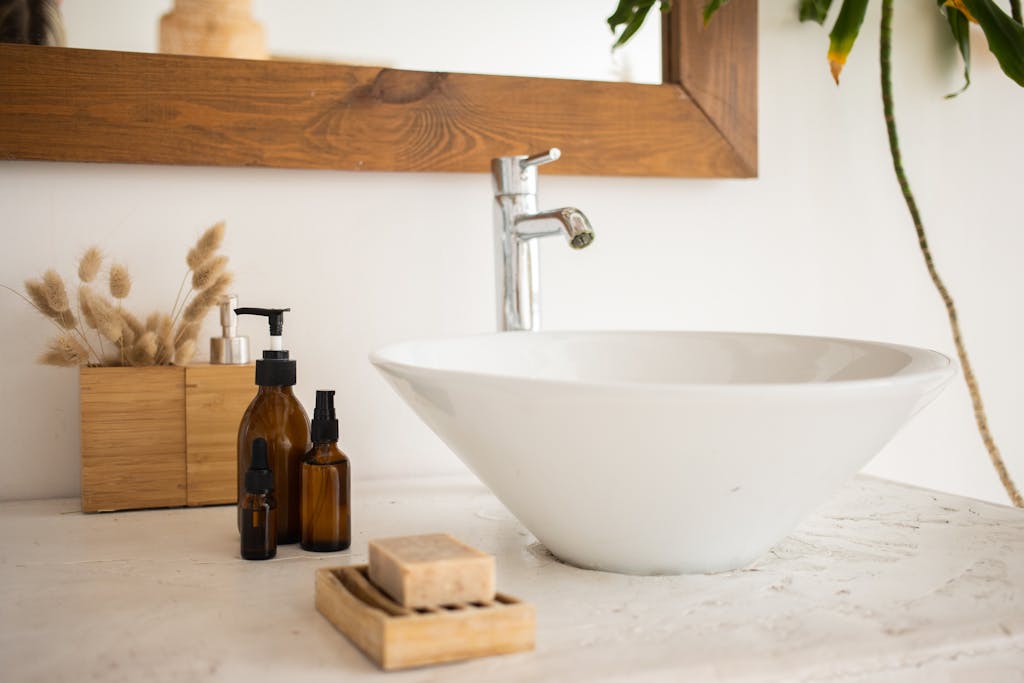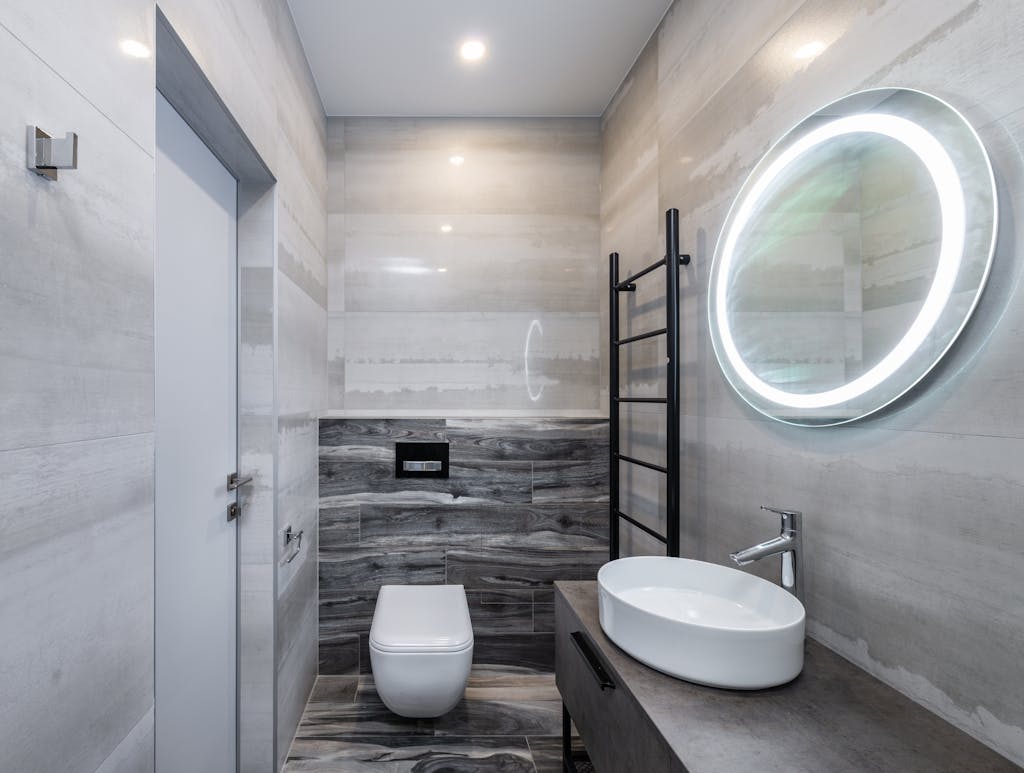The Hidden Dangers of Improper Waste Disposal
For decades, we’ve been flushing harmful substances down our drains, often without realising the catastrophic consequences. From the UK and the US to China and Australia, experts are now addressing an alarming rise in sewer blockages, primarily caused by a combination of cooking oils and wet wipes. These blockages can lead to severe plumbing issues, including sewage flooding in our homes.

Beyond the immediate plumbing problems, improper disposal of waste can have devastating effects on the environment. Plastic and chemicals enter our waterways, contributing to pollution and the formation of hazardous fatbergs in our sewer systems.
What is a Fatberg?
A fatberg is a massive, rock-like mass of waste made up of non-biodegradable solids, including wet wipes, fats, and grease. These colossal formations can block sewer systems, reduce their efficiency, and incur significant removal costs. They also pollute waterways and pose serious environmental threats.
Improving Our Home Drains and Pipes
So, what can we do to prevent these issues? Here are some practical steps:
Use Drain Catchers: Invest in hair catchers for showers and food catchers for kitchen sinks to prevent waste from clogging your drains.
Regular Cleaning: Keep your drains clean by pouring boiling water down them, followed by a cup of baking soda. Let it sit for a while, then rinse thoroughly with hot water. For a deeper clean, use a distilled white vinegar solution.
Avoid Flushing or Rinsing the Following Items:
Fats, Oil, and Grease: Known as FOG, these substances should never be washed down the drain. They cling to the insides of pipes and, when cooled, solidify, leading to serious blockages. Instead, allow them to cool and dispose of them in the bin.
Coffee Grounds: Surprisingly, coffee grounds can contribute to blocked drains. They do not dissolve well in water and can accumulate, especially when combined with fats. Composting them is the best disposal method.
Cooking Sauces and Condiments: These often contain fats and oils that can coat pipes over time. Compost or throw away excess sauces.
Wet Wipes and Nappies: Despite claims of being flushable, wet wipes do not break down properly and can form fatbergs. Always dispose of these in the bin.
Medication and Plasters: Flushing these can introduce harmful substances into the water supply. Return old medications to your local pharmacy and dispose of plasters in the trash.
Cat Litter: Even flushable types can cause issues. Dispose of cat litter in the bin to prevent plumbing problems.
Paper Towels and Cotton Balls: Unlike toilet paper, these products do not break down in water and can create blockages. Always place them in the trash.
Feminine Hygiene Products: These are highly absorbent and can lead to severe clogs. Dispose of them in the bin or opt for reusable alternatives.
Harsh Chemicals: Many cleaning products cannot be filtered out by wastewater treatment plants and can harm the environment. Consider using natural alternatives.
Paint: Disposing of paint down the drain is a significant no-no. It can contaminate water supplies. Allow paint to dry out before disposal at a recycling center.
Produce Stickers and Contact Lenses: Both can create microplastics and clog drains. Remove stickers before washing produce and recycle used contact lenses.
Soap: Traditional soaps may be made from animal fats, which can contribute to blockages. Consider switching to plant-based soaps to minimise plumbing issues.
Common Plumbing Problems
Improper disposal of waste can lead to various plumbing issues, including:
– Blocked exterior drains
– Clogged sinks and toilets
– Sewage backups
How to Unclog a Blocked Sink
If water backs up in your sink or shower, try using a plunger over the drain while covering the overflow with a cloth. If that doesn’t work, use a liquid drain cleaner according to the manufacturer’s instructions, then rinse with hot water. If the blockage persists, you may need to clear the U-bend or ‘trap’.
How to Unblock an Exterior Drain
If you notice stagnant water around your drains, your exterior drain may be blocked. Lift the cover and check for blockages using gloves and goggles. If it’s a simple blockage, you can clear it yourself. If not, you might need professional help.
How to Unblock a Toilet
If your toilet water is rising or draining slowly, you likely have a blockage. Use a plunger or a wire coat hanger to remove the obstruction. If that fails, consider calling a professional.
How to Tackle Bad Smells from a Drain
Bad smells indicate a blockage. Clean your drains regularly and use baking soda and vinegar for a deeper clean. If the odour persists, check for visible blockages and pour boiling water down the drain to dissolve grease buildup.
What to Do in an Emergency
In case of an emergency, like an overflowing toilet or burst pipe, turn off the mains water and electricity before calling professionals. Your water supplier can assist with street-wide issues.
When to Call in the Professionals
If you encounter persistent issues like low water pressure, leaks, or blockages, reach out to your water provider for assistance. They can guide you on whether to contact an independent contractor for further help.




